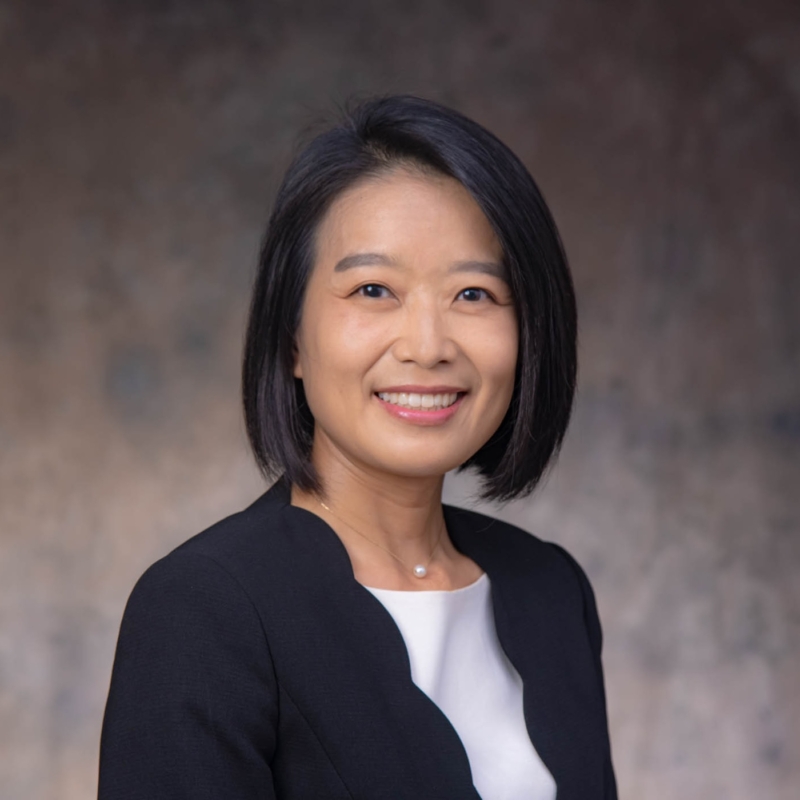Making Theory More Accessible: How Podcasts Enhance Graduate Learning
Jisun Jeong
Professorial Lecturer
School of Education, American University (Washington D.C.)
Graduate students walk into required theory courses with a similar wary mindset: theory is abstract, intimidating, and disconnected from real-world practices. How can we, as educators, demystify these perceptions and help students understand that theories are always present in contemporary education policies and practices? How can we strengthen students’ critical thinking skills, so they interrogate the assumptions and power asymmetries that exist within theoretical frameworks? My experience integrating FreshEd podcasts alongside traditional texts suggests that small pedagogical adjustments can shift how students perceive and engage with critical social theory.
My Critical Social Theory for International Education course—a required graduate seminar for Master of Arts in International Training and Education candidates—exemplifies this challenge. Each week, students examine various theoretical perspectives that have shaped global educational institutions, policies, and practices, from human capital theory to postcolonial theory. Yet despite covering theoretical frameworks that directly influence their current or future professional work, students often struggle to see the relevance, viewing these theories as academic exercises rather than practical tools for analyzing current manifestations and power dynamics in international development and education.
The shift in student engagement became apparent early in the semester. When we read and discussed human capital theory and its Marxist critiques—typically when students struggle with the complexities of economic theories—I noticed something different. After listening to economists like Eric A. Hanushek defend human capital theory and the concept of knowledge capital, then hearing Steve Klees’s critique in audio format, students began connecting abstract economic theories to real policy debates they would encounter in their professional experiences. Students began recognizing that their test score-focused education projects were not neutral initiatives that just aimed at improving educational outcomes, but approaches that actually reflected a specific economic worldview.
This pattern continued as we moved into the week when we discussed critical theory. Francine Menashy and Zeena Zakharia’s ‘White Ignorance in Global Education’ episode didn’t just help students understand that structural racism and white supremacy are global problems extending beyond the United States. It also shifted how students viewed the Comparative and International Education field and their role within it. The podcast opened opportunities for us, as a class, to interrogate our own assumptions at the individual level, as well as assumptions about neutral, evidence-based policies and standards, power dynamics between the Global North and Global South, and the colonial legacies that remain deeply embedded in current global education systems.
By the end of the semester, students had developed a markedly different relationship with theory. Students who had initially approached social theory as too abstract and not applicable to policy and practice were now using it to critically analyze their organizations’ programs and policies. The combination of reading Joan DeJaeghere on entrepreneurship education in Tanzania from a capability approach while hearing her articulate these arguments in audio format created a deeper understanding that text alone couldn’t achieve. Students were no longer superficially reading theoretical texts; instead, they were deeply engaged in discussions about how entrepreneurship education could look fundamentally different when designed from human capital theory versus capability approach. Students were able to apply these theories to critically analyze their own organizations’ education projects or policies by refining the goals of their projects, revising indicators to measure success beyond individual-level outcomes—for example, expanded social relations and enhanced learning opportunities.
When graduate programs consistently hear that students find theory ‘too difficult’ or ‘irrelevant,’ instructors need to examine their pedagogical assumptions. Simple changes like incorporating podcasts alongside traditional texts can transform how students engage with rigorous academic content. Beyond shifting attitudes toward theory, my students mentioned podcasts served their multiple learning needs and provided them with opportunities to engage in their learning while exercising, commuting, or managing daily responsibilities, making education more accessible to working professionals. More importantly, diversifying course materials accommodates students with different learning styles and impairments without compromising academic standards. If we want our students to become critical practitioners rather than passive consumers of knowledge, we must meet them where they learn best. My experience with the Critical Social Theory course demonstrates that we can make essential critical thinking tools accessible to all students in ways that better support their learning and application of theories to real-world problems.
September 1, 2025







